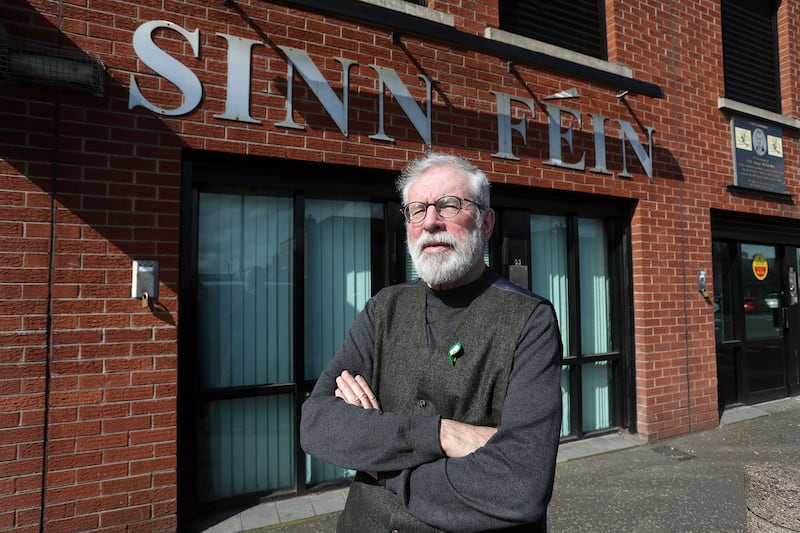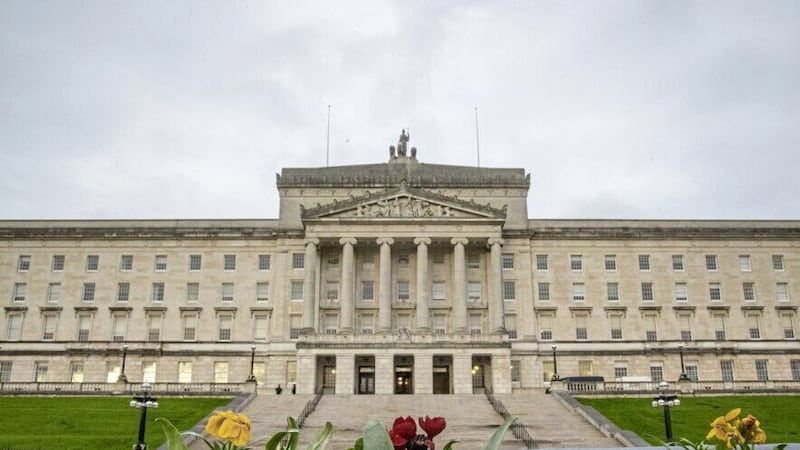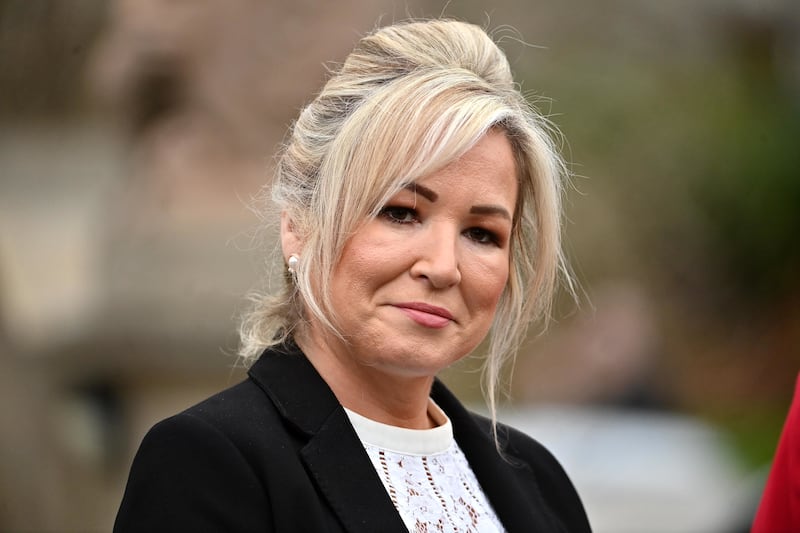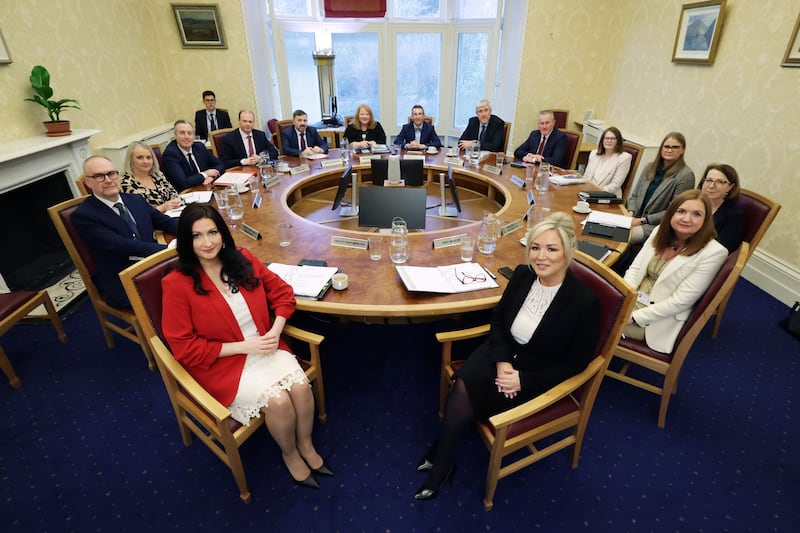Senior civil servants have called for the introduction of ministerial control over Stormont departments.
The civil servants fear being forced to make what are overtly political decisions following the imminent announcement of the expected “exceptionally challenging” budget.
In a letter to Chris Heaton Harris, Dave Penman, general secretary of the union representing civil service managers, called on the secretary of state to introduce legislation to craft what is arguably a form of direct rule.
This would “empower a minister from your department to provide ministerial direction to NI Civil Service colleagues so that decisions of a political nature are taken at the right level, with suitable democratic accountability, rather than by civil servants acting in the absence of ministers,” Mr Penman wrote.
Speaking in New York, former Sinn Fein President Gerry Adams said: "If the DUP remains intransigent the two governments should move ahead using the GFA all-Ireland mechanisms. British direct rule is not an option."

Under the provisions of the 2022 NI Act, senior officers are able to run departments without a minister until June 5.
But the looming budget is causing concern across the upper rungs of the civil service, Mr Penman, of the FDA, made clear in the letter.
“The FDA is aware, from the statements you and local parties in Northern Ireland have made in recent days, that you expect to set an exceptionally challenging budget for Northern Ireland by the end of this week,” he added.
FDA members, as accounting officers, are being tasked to implement the budget “requiring exceptionally difficult decisions to be taken which fall far outside the scope of what should be decided by officials".
“Whilst many of those decisions will be significant and controversial, they also present a serious risk of causing detrimental impacts to the most vulnerable in society in Northern Ireland, including children, young people and those relying on the health service,” Mr Penman argued.
“The current model places our members in an invidious position, requiring politically-impartial advisors and administrators to adopt a role that demands they take political decisions.”
In a statement, the Nothern Ireland Office said: "The UK government remains of the view that the restoration of devolved government, in line with the vision of the Belfast (Good Friday) Agreement, offers the most immediate way of delivering local governance and prosperity in Northern Ireland.
“The secretary of state has expressed his disappointment that for four out of the past six years, Northern Ireland has been without locally elected representatives to take the key strategic decisions to, for example, protect public finances.
“The government’s priority remains to see a restored devolved government in place to take the decisions and action needed to address the challenges facing Northern Ireland at this time.”






